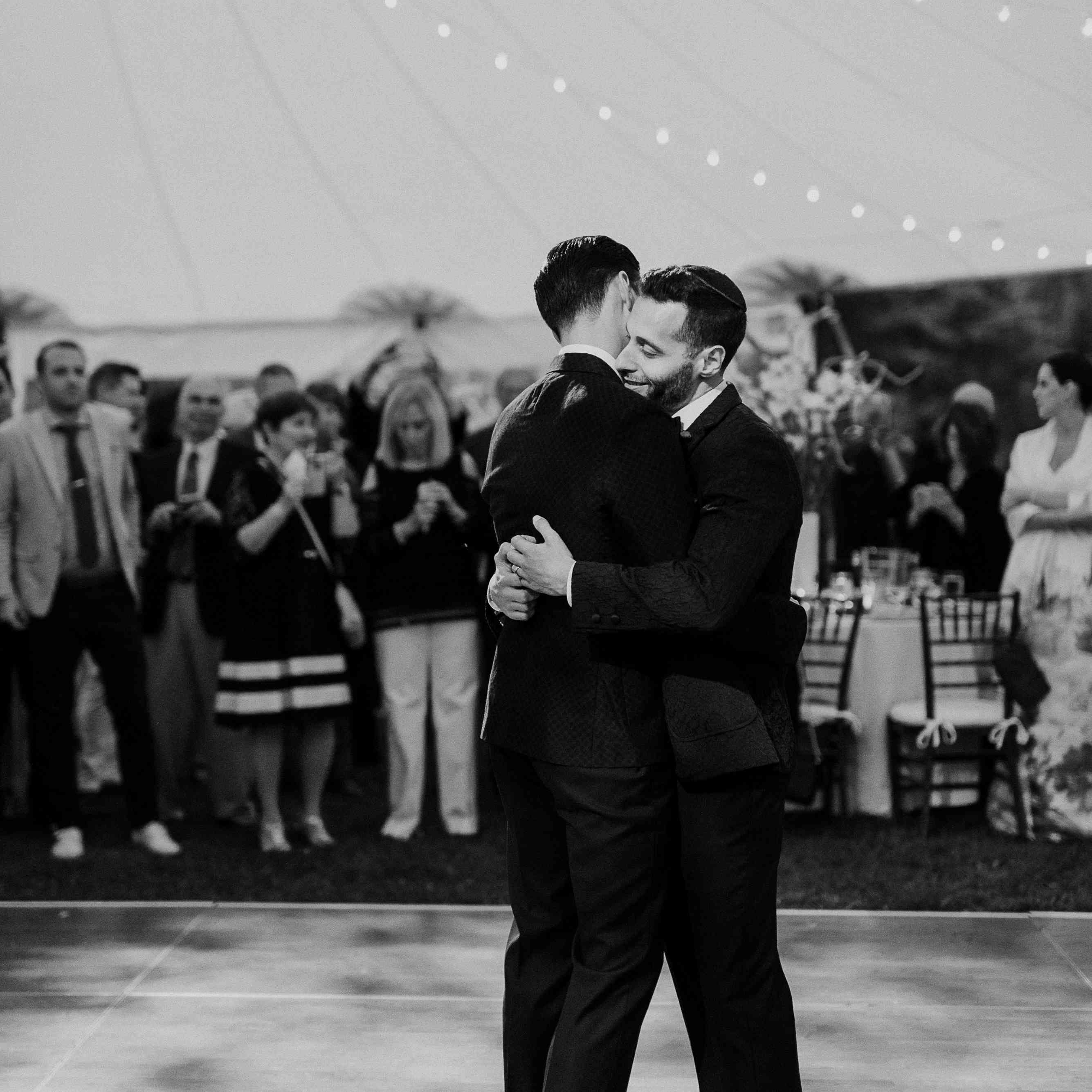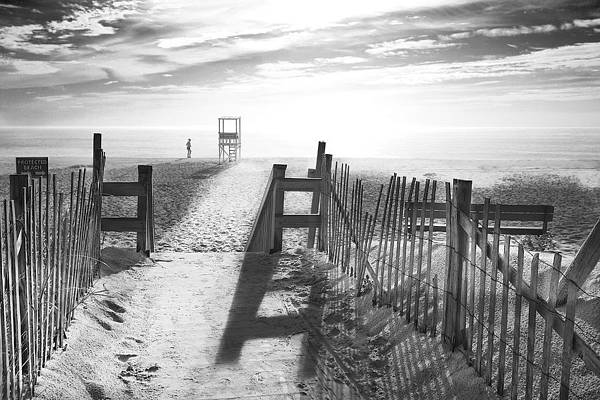
Marriage Equality
The U.S. Supreme Court declares Same-Sex Marriage the new law of the land. Editor in Chief DREW GOWING remembers the controversial march toward Marriage Equality.

AP
Drew Gowing
2020-01-01
2020-01-01
Editor's Letters
https://www.charlatanmagazine.com/Columns/editorsletter/
June 26, 2015
Ever since the Supreme Court pronounced same-sex marriage the new law of the land, it appears that this crowning achievement for the Gay Community presents a confounding challenge for a group that’s often prided itself on being different. As the victories accumulate for LGBT rights, their institutions and rights of passage seem to be fading away. “What do gay men have in common when they don’t have oppression?” asked Andrew Sullivan, one of the intellectual architects of the marriage movement. We don’t know the answer as yet.
From Provincetown to Boystown, gay bars and nightclubs have turned into vitamin stores, frozen yogurt shops and memories. Drag shows are now filled with bachelorette parties whilst gays are migrating to the suburbs to raise their children. The rainbow hued “Just Be You” campaign flashed across Chase A.T.M. screens this June endorsing Gay Pride around the world. Yet those who’ve embraced Marriage Equality, by racing to the altars, say they feel a loss amid the celebrations. Indeed, the creative grit with which the gay community once responded to stigma and persecution was a phenomenon.
Holy and beautiful the custom that brings us together: To face our ideals, make confessions, offer forgiveness, be strengthened and celebrate. Through this blessed place, in this sacred moment breathes, the worship of ages. So let us be alive to this moment and be joyful.
The late Reverend Elizabeth Tarbox, of the Universalist Unitarian Church, began our commitment ceremony thus as we stood knee high in waving grass against the world. It was bewitching, the notion, of a single constant attachment, and all that can be said of happiness, depending entirely on one particular person. But while I declared my love that summer night in '97, I was haunted by the suspicion that love — in point of fact — had yet to be tested.

AP
My partner and I had lived by a sort of gentlemen’a agreement for nearly 20 years before the Supreme Court ruled that the U.S. Constitution guarantees the right to same-sex marriage in 2015. “No union is more profound than marriage,” Justice Anthony M. Kennedy wrote in the historic decision. “For it embodies the highest ideals of love, fidelity, devotion, sacrifice and family.”
Yet marriage, in the eyes of the law, is merely an institution of property, and propertizing a personal relationship often comes with a cost. If or when a lawmaker, clergyman, or lawyer intervenes in a marriage, they interfere with a uniquely personal and evolving relationship. Moreover, they intrude upon the couple's right and reposniblity to govern themselves.
Much like a business, when today's couples become incompatible with one another they often downsize, outsource and sell. Yet a company is quite different from a lifelong companion in this remarkable way. While a corporation is predicated on a cost benefit analysis, an enduring companionship has no bottom line. It’s the smile around which the miracle of faith, hope and forgiveness ever turns. Sociologists agree, these were the core organizing principles of prehistoric communities.
“Marriage is the keystone of our social order,” Justice Kennedy concluded, adding that the plaintiffs in the case were seeking “equal dignity in the eyes of the law.” But love and law are two very different things. A reality the Gay Community confronted, reconciled, and would be well advised to carry on.






